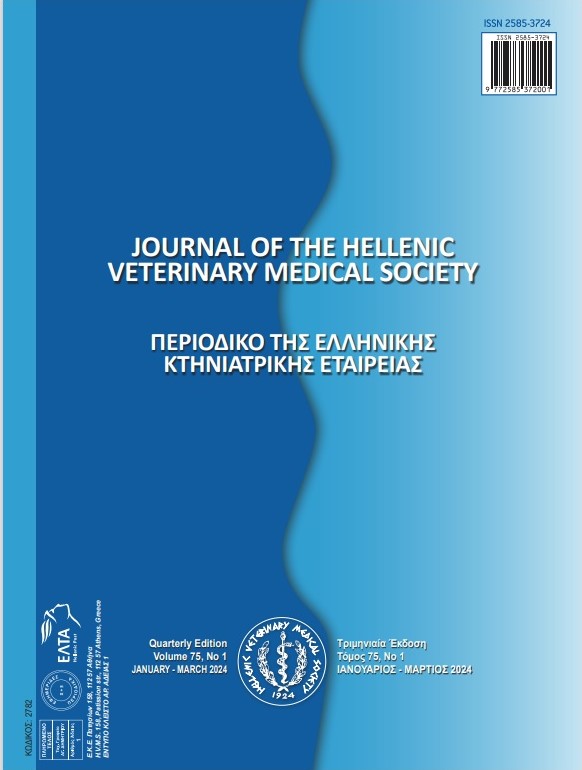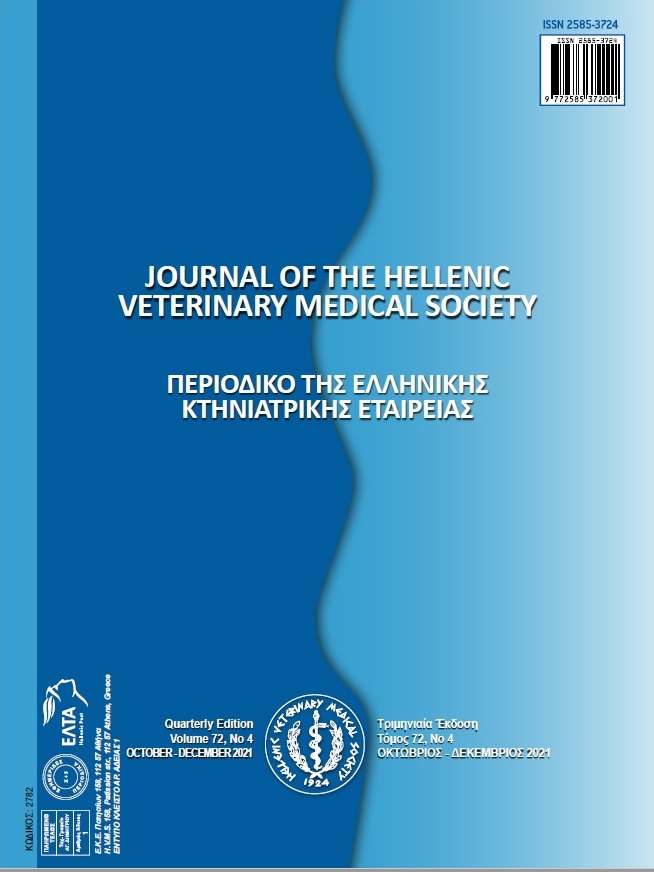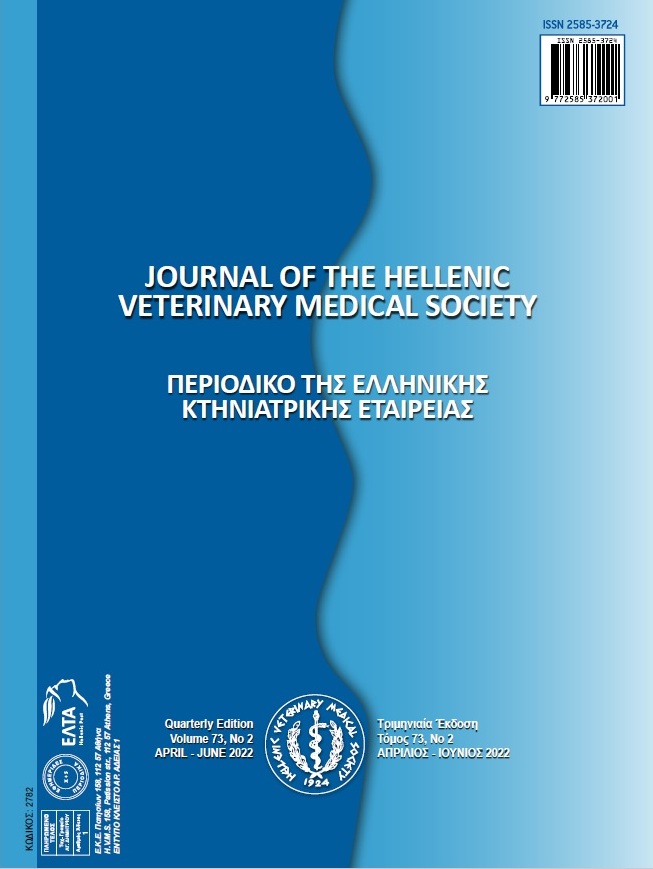Detection of anti-Toxoplasma gondii antibodies in wild animals from two zoological parks in Algiers, Algeria.

Résumé
Toxoplasmosis is the most frequent parasitic diseases in the world. Caused by the protozoan Toxoplasma gondii, itcouldaffect most warm-blooded animals howeveronly felids are its definitive hosts. Eighty-sixblood samples were collected from different animal species raised in captivity withintwo Zoological Parksofthe Algiers urban area. Sera from eighteen birds and sixty eighty mammals were assayed for the presence of T. gondii antibodies by the ELISA test. The overall prevalence of Toxoplasma gondii infection was 58.1%. By ELISA, T. gondii antibodies were found in 38.9% of birds, in 75% of primates, in 75% of carnivores and in 56.8% of herbivores. All seropositive animals were apparently healthy. This contribution represents the first report ofT.gondiiseroprevalence in captive wild animals from Algiers zoological Parks. The obtained results indicate a widespread exposure of Algerianzoo animals in to T. gondii.
Article Details
- Comment citer
-
Cherif, A., Benfodil, K., Khouchene , N., Ansel, S., & Ait-Oudhia, K. (2024). Detection of anti-Toxoplasma gondii antibodies in wild animals from two zoological parks in Algiers, Algeria. Journal of the Hellenic Veterinary Medical Society, 75(2), 7211–7216. https://doi.org/10.12681/jhvms.30883 (Original work published 9 juillet 2024)
- Numéro
- Vol. 75 No 2 (2024)
- Rubrique
- Research Articles

Ce travail est disponible sous licence Creative Commons Attribution - Pas d’Utilisation Commerciale 4.0 International.
Authors who publish with this journal agree to the following terms:
· Authors retain copyright and grant the journal right of first publication with the work simultaneously licensed under a Creative Commons Attribution Non-Commercial License that allows others to share the work with an acknowledgement of the work's authorship and initial publication in this journal.
· Authors are able to enter into separate, additional contractual arrangements for the non-exclusive distribution of the journal's published version of the work (e.g. post it to an institutional repository or publish it in a book), with an acknowledgement of its initial publication in this journal.
· Authors are permitted and encouraged to post their work online (preferably in institutional repositories or on their website) prior to and during the submission process, as it can lead to productive exchanges, as well as earlier and greater citation of published work.




